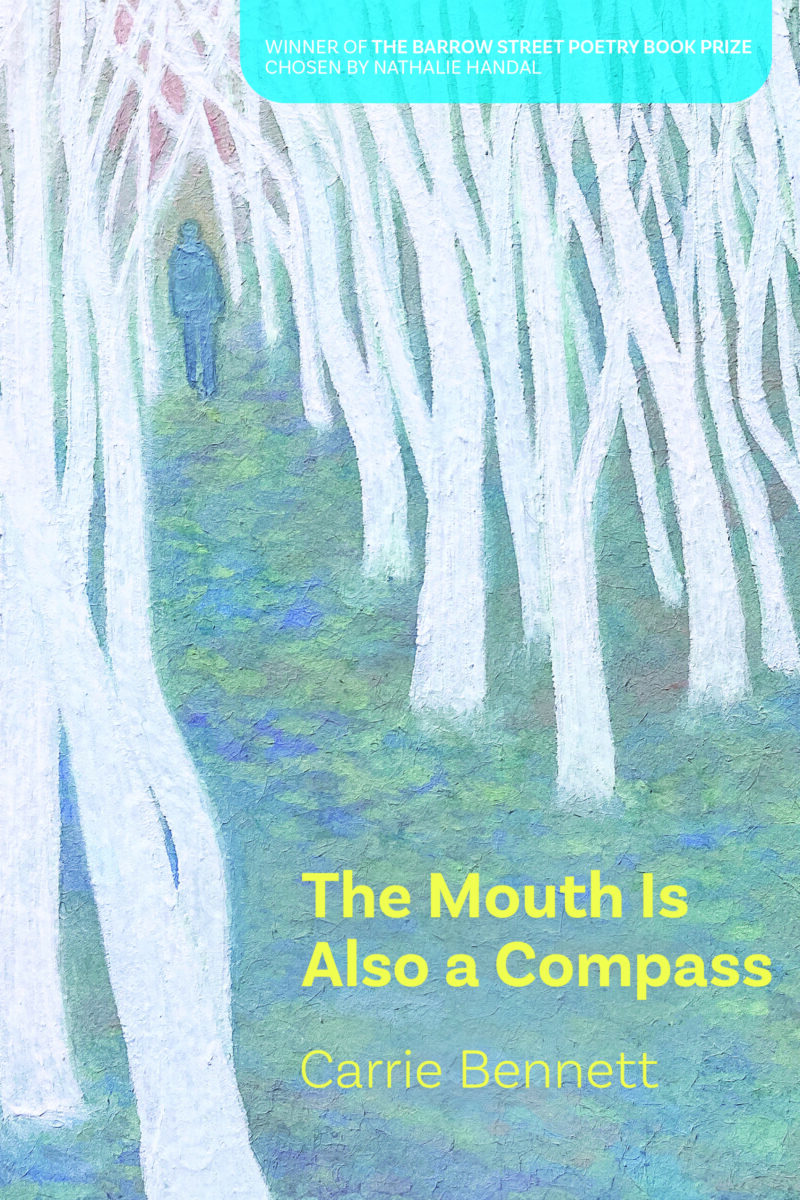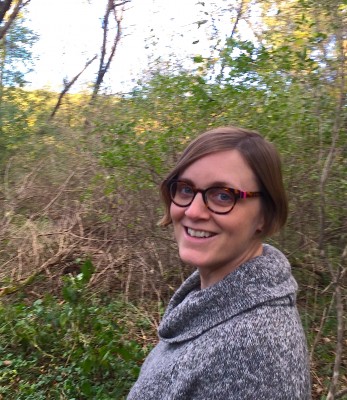How did you first get into poetry?
It was actually when I was 18 years old, as a freshman at Florida State University, and I took a really amazing freshman composition class. It was required, but my professor introduced us to just really interesting writing, kind of experimental, radical writing. She herself was a poet, her name is Helen Wallace, and she just encouraged me to start writing poetry. Prior to that I really hadn’t and I just saw something in poetry that sort of let me say something that I felt like I hadn’t been able to say prior in different genres. So, I really am grateful for my freshman composition class.
Is there a specific poet you read that you take inspiration from?
In that class, I was introduced to some of the older poets, or more traditional, like Sharon Olds, a confessionalist poet, that addresses some hard human experiences like incest, and I felt like I hadn’t really seen women poets writing about those topics and in this kind of raw, confessional way. For me, at that stage in my life, I was just really moved by the emotionality of that writing, but then also other more experimental writers. I was introduced to a concept called grammar B, where the focus is less on being linear and more on thinking about narrative from a galaxy or a constellation of ideas that somehow fit together, but don’t move in one direction. I think it was like I was exposed to some more traditional, big hitters, like Sylvia Plath, but then also exposed to writers, not even poets, but just fiction writers who are doing radically different things. Very surreal things like Amy Bender, her short story collection, just blew my mind, because she had characters turning into fire or de-evolving to a single-celled amoeba going back to the sea. It just really showed me that words can do just really incredible things.
What’s your favorite thing about poetry?
I like that you can pretty much do anything you want with it, that there are really no rules. I can write a poem that, like Victoria Chang, looks like an obituary for a dead parent. I’m reading poems right now through the voice of cyborg girls, which I think is amazing and I love that anyone can write poetry. You don’t need a lot of money to write it too, it’s accessible, and there are really no rules. I think, if anything, the rule is that poets are supposed to be innovative and to think in new ways, and that’s part of the task of poetry: how can I say this in a way that, maybe has been said before, maybe with a new angle, or a new formal technique or strategy. From the beginning, that has been the thing that has always spoken to me the most about poetry.
Is there anything you take inspiration from when you’re writing?
I’m definitely idea driven and so while I’m not a confessionalist poet, I usually start with some experience that I’ve had, or some idea I’m mulling over, and try to figure out how to say that in a poem through images and concrete language, the musicality of words. My books usually are kind of project based. The one that I worked on over the summer, which is right now called “The First Mother’s Fable,” it started with writing poems about my experience going through IVF to conceive my daughter, which kind of took a strange dystopian angle, where the first mothers became the petri dishes, and the drugs, and the medicinal or scientific component of conception for me. A lot of times it is personal experience, but then I kind of radically translate it into a larger metaphor.
In your latest collection, “The Mouth is Also a Compass,” what inspired you to create that work?
I had just finished a project and was a little bored with my own writing. So, I gave myself an experiment to create erasures of Richard Byrd’s memoir, “Alone.” I am not sure why I chose that book, except for it’s just an old book that I read many years ago, and it was on my bookshelf. I just was really like, let’s just see how someone else writes, and how that can kind of infiltrate my own writing and my own creative consciousness. That was just meant to be an experiment to just jar my typical writing process, and it really hooked onto me. It was the summer, I was doing all my little summer expeditions of taking long bike rides, like 50 mile bike rides, or taking long hikes or walks. I just thought, well, I’m doing all these things, let’s create a persona or character that’s doing her own expedition. But it all kind of intuitively evolved to starting to think about a feminist perspective on expeditions. Traditionally, expeditions are about conquering, about abusing and using the land and the resources for one’s own purpose or goal. I thought, what about making an explorer who’s a woman and in this dystopian reality where there’s been an ecological collapse. How would she navigate that? So it really evolved from my own personal experience to something totally different, like a mushroom, or a cell that keeps dividing itself.
Do you have anything else to say about poetry?
I think it’s amazing how it asks us to see the world differently, and it can be really challenging and messy. Its goal is not to be easy or digestible. Some poets are more in that vein, which is also fine, but the poets I’m drawn to, like Franny Choi’s “Soft Science,” which I’m reading right now with my classes, it asks us to think about technology, physical autonomy, gender and sexuality in these radically new and different ways. I feel like poetry is this radical space where we confront our humanity through the lens of the poet. In doing that, we are seeing the world in a new way, but also learning something about ourselves in the process. I just find that really amazing.
Is there anything poetry has taught you about yourself?
I’m an obsessive thinker, I think that definitely has taught me that. Part of why my books are projects is because I get an idea, and it just drills down into my creativity, and I have to keep working on it until it feels like it’s kind of coming to completion. I think because of that tendency to overthink or be obsessive, poetry has been this very welcoming space for me to put my way of using my brain. I think it also just showed me that if we trust our subconscious and our creativity, there’s just so many new ways we can think about the world. I just really love that about writing. It calms me down, it centers me, it focuses me. It’s a little bit like a meditative practice at this point.
“Carrie Bennett has been teaching in the Writing Program at Boston University since 2004 and currently teaches seminars on multimedia poetry and cross-genre writing. She is a Massachusetts Cultural Council Artist Fellow and author of multiple books of poetry, as well as several chapbooks from Dancing Girl Press. Her poems have appeared in many journals, including Boston Review, Denver Quarterly, Indiana Review, and jubilat.”
Check out her most recent collection “The Mouth is Also a Compass.”


